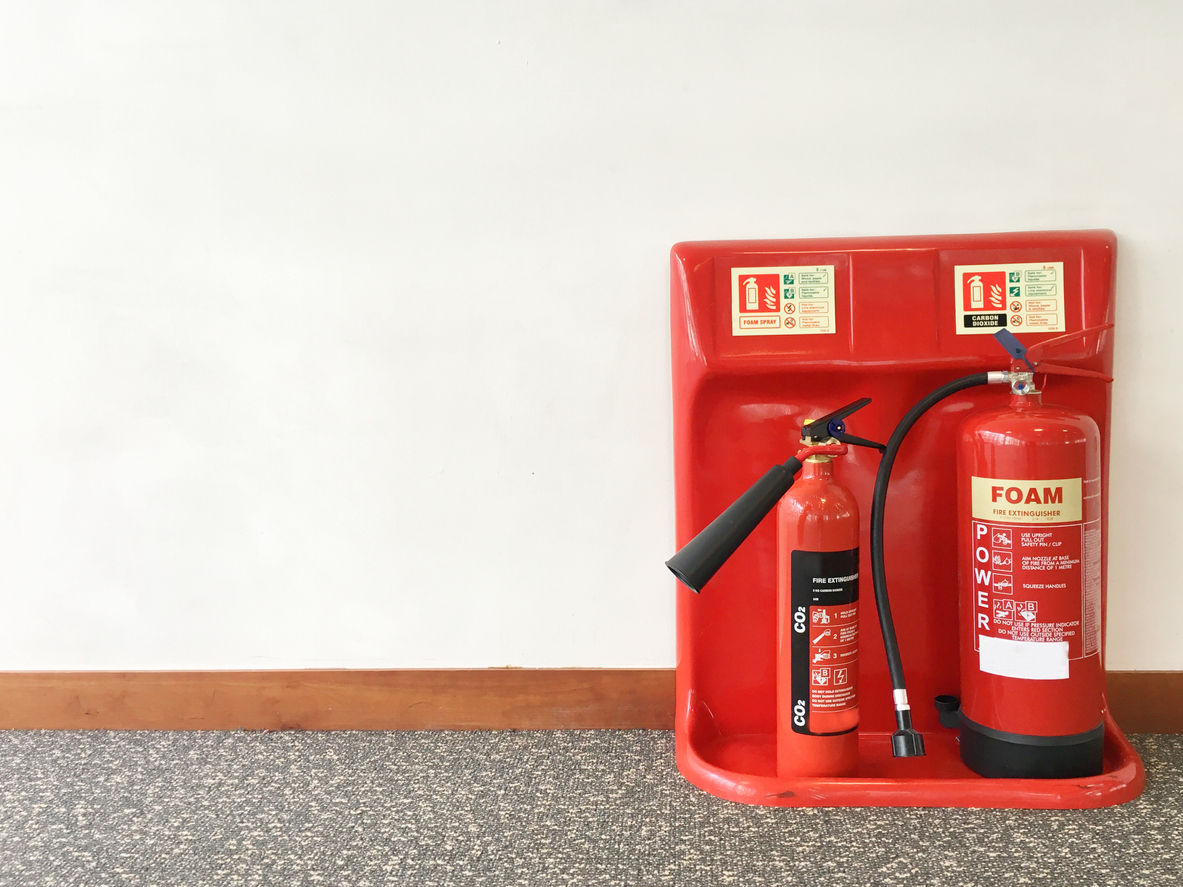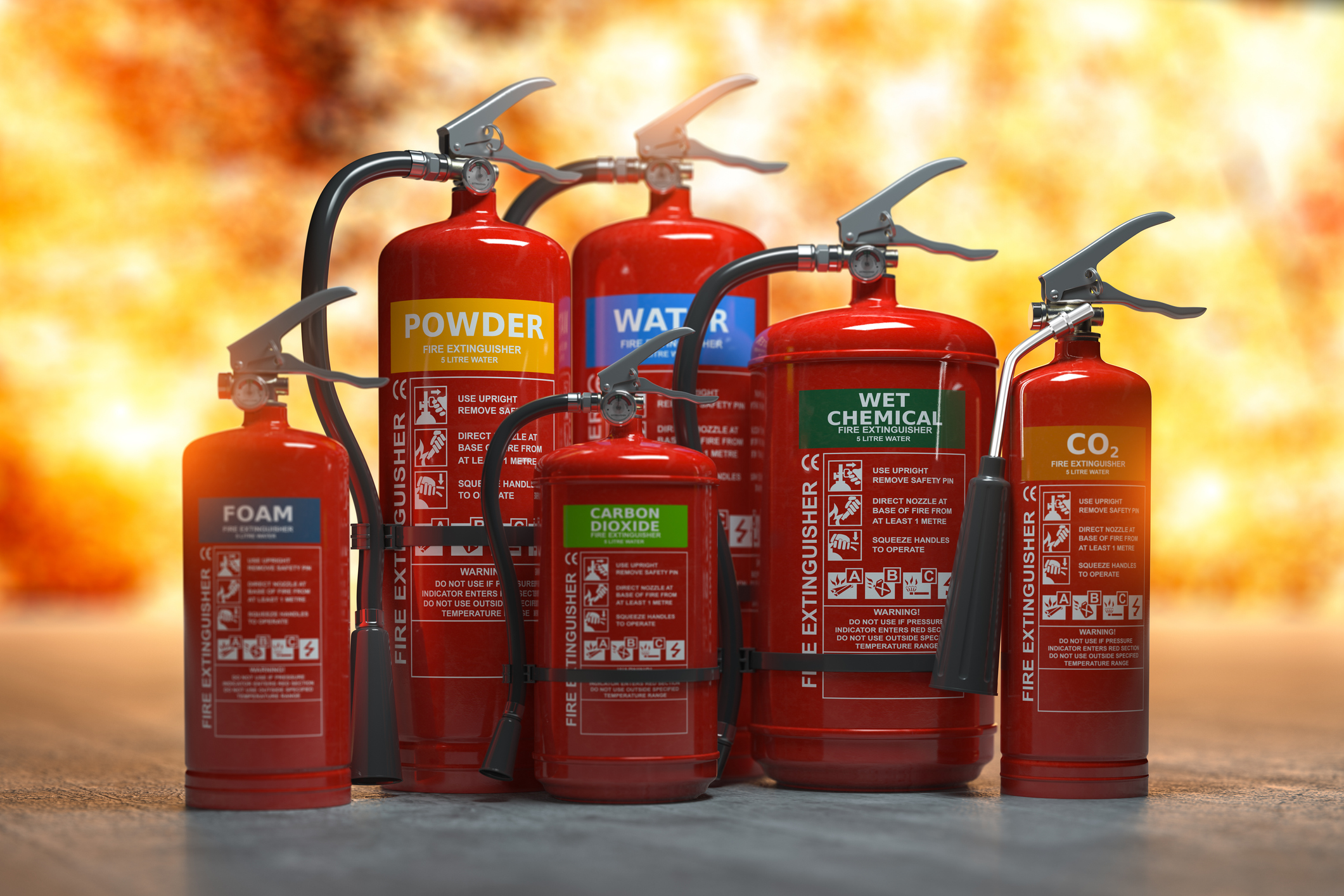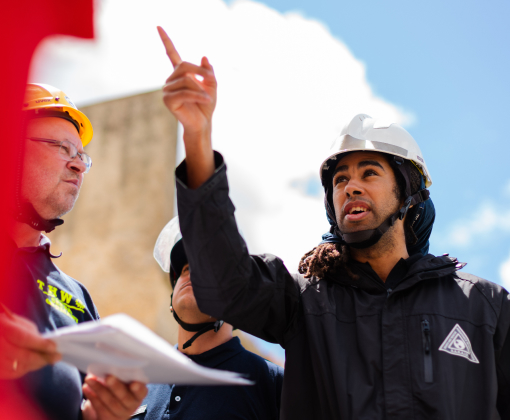
Who is Responsible for Using a Fire Extinguisher?
Regulatory Reform (Fire Safety) Order 2005
In the United Kingdom, the Regulatory Reform (Fire Safety) Order 2005 establishes the legal framework for fire safety in non-domestic premises. Under this legislation, the ‘responsible person’ holds the responsibility for ensuring fire safety measures are in place and are properly maintained. The responsible person can be the employer, owner, or occupier of the premises. One of the key responsibilities is providing appropriate fire-fighting equipment, such as fire extinguishers, and ensuring their accessibility and usability.
When Should You Use a Fire Extinguisher?
Using a fire extinguisher can be an effective means of containing or extinguishing a small fire before it escalates. However, it is crucial to assess the situation and consider personal safety before attempting to use a fire extinguisher. Some general guidelines include:
• Evaluate the fire: Determine if the fire is small, contained, and not spreading rapidly. If the fire is significant, it is essential to prioritise evacuation and alert the fire services.
• Understand the extinguisher: Familiarise yourself with the type of fire extinguisher you have and its appropriate usage. Different types of fires require specific extinguishing agents, such as water, foam, CO2, or dry powder.
• Position yourself correctly: Stand at a safe distance from the fire, keeping an escape route behind you. Ensure that you have a clear path to exit in case the fire becomes uncontrollable.
• Use the P.A.S.S. technique: Pull the pin, aim at the base of the fire, squeeze the handle, and sweep the nozzle from side to side. This technique helps to maximise the effectiveness of the extinguishing agent.
When Should You Not Use a Fire Extinguisher?
While fire extinguishers can be effective in certain situations, there are instances when attempting to use one can be dangerous or counterproductive. It is essential to understand when it is best to avoid using a fire extinguisher. These situations include:
• Lack of knowledge or training: If you are not familiar with the operation of a fire extinguisher or have not received proper training, it is best to leave the firefighting to trained professionals.
• Evacuation risks: If the fire is spreading rapidly, smoke obscures vision, or evacuation routes are blocked, it is crucial to prioritise evacuation and notify the fire services rather than attempting to fight the fire.
• Unknown fire type: If you are unsure about the nature of the fire or the appropriate extinguisher to use, it is safer to evacuate and let professionals handle the situation.
The Importance of Fire Safety Training in the Workplace
Fire safety training plays a vital role in ensuring the effective use of fire extinguishers and promoting overall fire safety awareness. Employers have a legal duty to provide appropriate fire safety training to their employees. By investing in comprehensive training programs, employers can:
• Equip employees with the knowledge required
• Enhance safety culture
• Improve emergency response
• Promote confidence and calmness
• Comply with legal requirements
Professional Fire Extinguisher Installation and Servicing
To ensure the reliability and functionality of fire extinguishers, it is crucial to have them professionally installed and regularly serviced. Professional installation offers several benefits:
• Expert assessment and placement: Fire safety professionals can assess the specific fire hazards and risks within premises and determine the most suitable locations for fire extinguisher placement.
• Compliance with regulations: Professional installers are knowledgeable about local fire safety regulations and standards. By engaging their services, businesses can ensure compliance with the necessary requirements, avoiding potential legal issues.
• Proper maintenance and servicing: Fire extinguishers require regular maintenance to ensure they are in optimal working condition. Professional fire safety companies offer routine servicing, including inspections, pressure tests, and refills/replacements if necessary.
• Training and guidance: In addition to installation and servicing, some professional fire safety companies often provide training programs for employees.
Proper Fire Extinguisher Usage is Paramount to Safety
While fire extinguishers can be valuable tools in combating small fires, it helps to assess the situation, prioritise personal safety, and possess the necessary knowledge and training. Employers play a vital role in ensuring that employees receive proper fire safety training, fostering a safety-conscious workplace culture. By adhering to these principles, individuals and organisations can enhance fire safety and protect lives and property in the event of a fire emergency.
If you need fire extinguishers in your premises – don’t hesitate to get in touch with our team at Britannia Fire & Security. We have years of experience in the installation of fire extinguishers for a range of clients across the UK.



